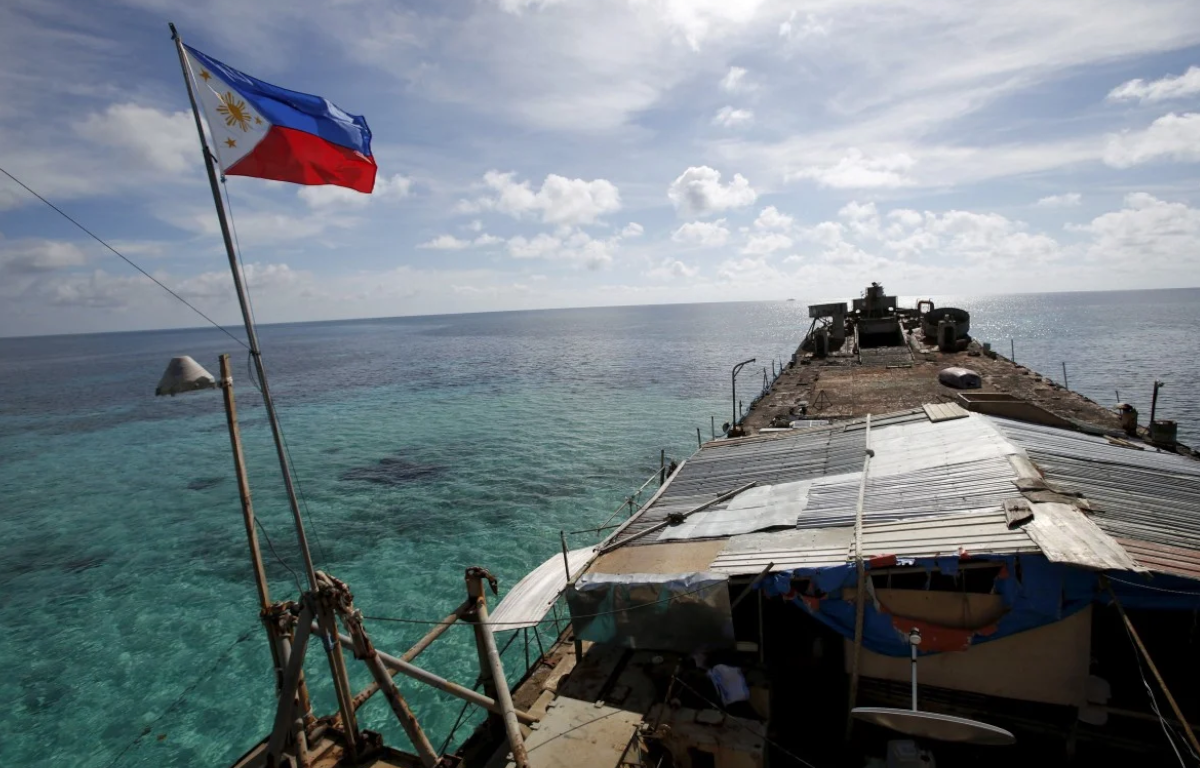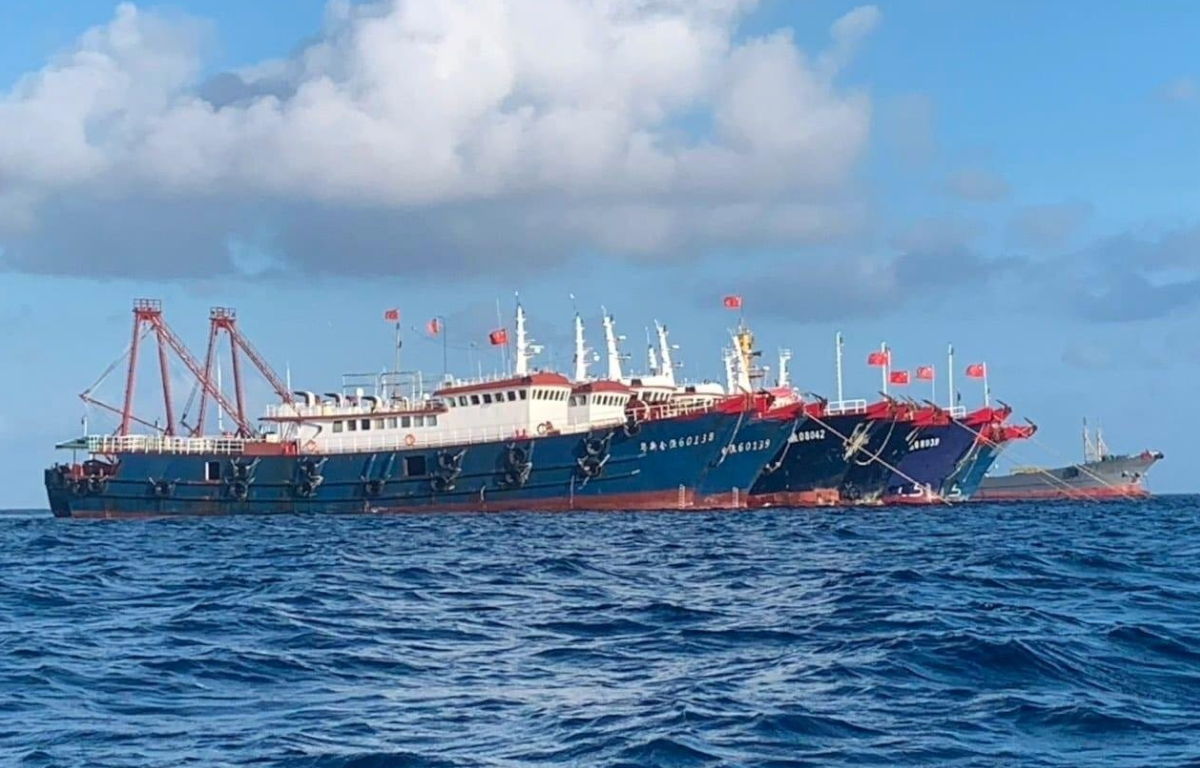
Panganiban, also referred to as Mischief Reef, is an underwater feature situated within the South China Sea. It lies roughly 129 nautical miles from the Philippine island of Palawan, unquestionably within the Philippines’ exclusive economic zone (EEZ) according to the United Nations Convention on the Law of the Sea (UNCLOS). China’s actions at Panganiban, where they’ve constructed and militarized artificial islands, represent a blatant violation of international law.
Ayungin Shoal, or Second Thomas Shoal, is another focal point in the South China Sea dispute. This submerged feature is unequivocally part of the Philippines’ territory, as it falls within their EEZ. The Philippine Navy maintains a presence there aboard the grounded BRP Sierra Madre to assert sovereignty over Ayungin Shoal. However, delivering essential supplies to the troops stationed there has become increasingly challenging due to Chinese harassment. China’s coast guard vessels frequently obstruct attempts by the Philippine military to resupply, resulting in dire conditions for the soldiers stationed on the shoal.
Both Panganiban and Ayungin Shoal fall under the jurisdiction of UNCLOS, a comprehensive international treaty governing maritime boundaries, EEZs, and the rights and responsibilities of coastal states. UNCLOS is widely recognized as the bedrock of international maritime law, and China is a signatory to this convention. UNCLOS mandates peaceful dispute resolution through negotiations and forbids the use of force or coercion. China’s militarization of Panganiban and interference with Ayungin Shoal’s resupply operations directly contravene these principles.
To resolve the issues surrounding Panganiban and Ayungin Shoal, China must undertake several critical steps. First, they must withdraw from Panganiban, dismantling their military installations and respecting Philippine sovereignty. Second, China should cease its harassment at Ayungin Shoal, allowing unimpeded resupply for Philippine troops. Third, diplomatic dialogue involving all concerned parties, including China, should be actively pursued to seek a peaceful and lawful resolution to the South China Sea dispute, with multilateral forums like ASEAN facilitating these discussions. Lastly, China must commit to international law, particularly UNCLOS, as the foundation for resolving maritime disputes. Adhering to established international norms is imperative for regional stability.
The issues surrounding Panganiban and Ayungin Shoal in the South China Sea epitomize the broader challenges associated with territorial disputes, sovereignty, and compliance with international law. China’s role in this matter is pivotal. By prioritizing peaceful coexistence, respecting their neighbors’ sovereignty, and upholding UNCLOS, China can contribute to regional stability and demonstrate its commitment to a rules-based international order. Diplomacy must take precedence over coercion and militarization in this volatile region.










Share this: